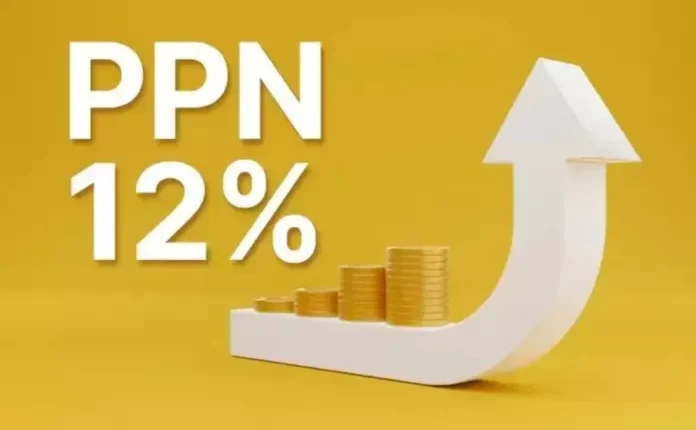State Budget Stability Maintained Through 1 Percent VAT Rate Adjustment
Jakarta – The Indonesian government will increase the Value Added Tax (VAT) rate by 1 percent starting January 1, 2025, in accordance with the mandate of Law Number 7 of 2021 concerning the Harmonization of Tax Regulations (HPP).
Minister of Finance, Sri Mulyani stated that this policy has gone through in-depth discussions between the government and the DPR, taking into account various economic, social, and fiscal aspects. The health of the APBN needs to be maintained so that it can absorb shocks and respond to the threat of the Global Financial Crisis.
“This policy has gone through in-depth discussions between the government and the DPR by considering various economic, social, and fiscal aspects. The health of the APBN needs to be maintained so that it can be a shock absorber and respond to various global threats,” he said.
To mitigate the impact of the VAT increase on society, the government has prepared various economic stimuli.
Coordinating Minister for Economic Affairs, Airlangga Hartarto, explained that this step is an effort to maintain a balance between optimizing state revenues and protecting the community.
“The government has prepared incentives in the form of economic stimulus packages that will be given to various classes of society,” he said.
In addition, the government ensures that basic goods and services are still given VAT exemption facilities or 0% tariffs. These goods and services include rice, grain, corn, sago, soybeans, salt, meat, eggs, milk, fruits, vegetables, medical health services, education services, and others.
Economic researcher at Indonesia Development of Economics and Finance (INDEF), Ariyo Irhamna said that in the long term, the increase in VAT can also increase fiscal stability if the revenue is managed well to fund productive spending.
“The increase in VAT can support fiscal stability in the long term, provided that the revenue is utilized effectively. The main focus should be on productive spending that has a real impact on the economy,” he said.
In addition, Ariyo added that even though it is 1 percent, the increase in VAT can certainly contribute to state revenue.
“A one percent increase in VAT rates is estimated to increase state revenues by tens of trillions of rupiah, depending on the level of consumption,” said Ariyo.
With this VAT rate adjustment, the government hopes to increase state revenues which will be used to finance various development and community welfare programs.
The revenue is expected to support more efficient and targeted budget allocation, especially for priority sectors such as infrastructure, education, and health. In addition, this step is also expected to maintain fiscal balance, so that the stability of the State Budget (APBN) remains maintained in facing the challenges of a dynamic global economy. [*]
